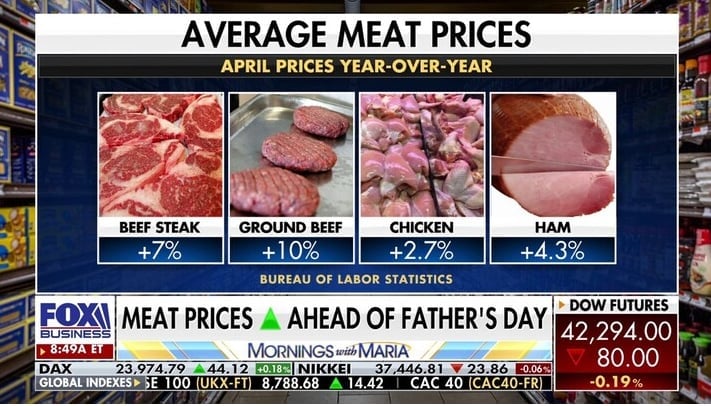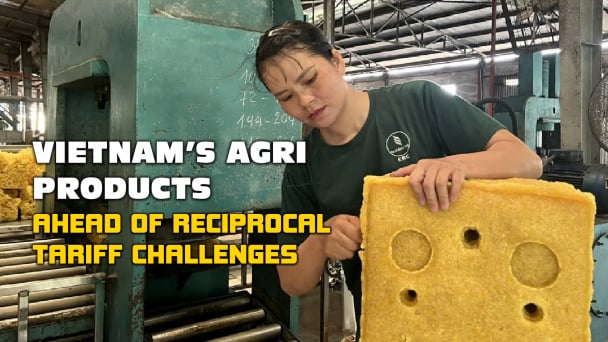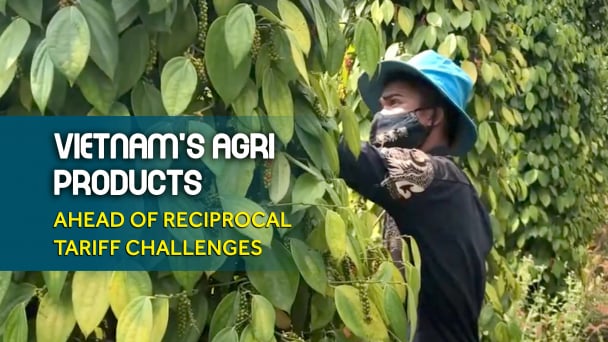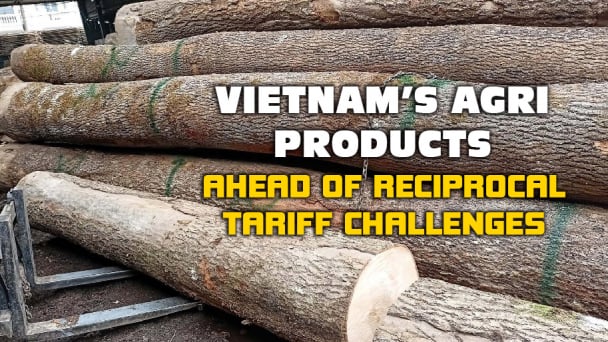June 5, 2025 | 18:22 GMT +7
June 5, 2025 | 18:22 GMT +7
Hotline: 0913.378.918
June 5, 2025 | 18:22 GMT +7
Hotline: 0913.378.918

Ohama Steaks CEO warns meat prices may stay high until 2026 during an interview on "Mornings with Maria." Photo: Mornings with Maria / Fox News.
Meat prices remain higher across the country, with staples like steak, chicken and ground beef still costing significantly more than they did a year ago. But one industry leader believes relief could be coming for shoppers, though not immediately.
"The number of head of cattle in the United States is at a low really not seen since the 1950s," said Nate Rempe, president and CEO of Omaha Steaks, on "Mornings with Maria."
"That supply pressure is really putting a lot of upward pressure on price, especially as demand is still so strong in the U.S."
According to the Bureau of Labor Statistics, meat prices have increased year-over-year, with steak up 7%, ground beef 10%, chicken nearly 3% and ham over 4%. Rempe believes the issue goes beyond tariffs and trade policy.
"Supply is a tricky issue. You can’t just flip a switch, adjust a tariff," he said. "We need to rebuild the herd. And that’s [going to] happen over the next roughly 12 months."
The American cattle herd hit historic lows this year, according to the U.S. Department of Agriculture. The latest USDA report shows a multi-year pattern of decline in the number of cows and heifers. At the same time, new tariffs imposed by the Trump administration are complicating the market. The U.S. imports a large amount of meat from Canada and Mexico, two countries affected by recent trade changes.
Despite the uncertainty, Rempe predicts the market may begin to stabilize next year as ranchers focus on growing herds.
While acknowledging the short-term strain of tariffs, Rempe also expressed support for efforts to renegotiate trade deals.
"I like exports. I like what it does for the industry and for the country," he said. "Foreign buyers tend to pay more for beef. That’s good for meat packers and for ranchers… but we do have to balance."
The beef cattle industry supports over a million jobs, Rempe noted, but warned that supply must catch up with demand.
"America loves beef, and you know that's something I definitely love," he said. "But we have to have the supply to do that, and we've got some work to do."
Fifth-generation cattle rancher Steve Lucie echoed Rempe's sentiment earlier this year. Speaking on "America Reports," Lucie encouraged ranchers to "remain calm" amid market uncertainty.
"We’ve been through so many ups and downs in our country, and especially in my industry," he said. "Farmers and ranchers every day, we deal with commodity price fluctuation. So, this doesn’t bother us."
Though he acknowledged the tariffs might bring short-term pain, Lucie believes they’re a step toward creating a more level playing field for the industry.
"I don’t think any of us know what’s [going to] happen with these tariffs," he said. "But what we do know for a fact is that the American beef industry has been on the short end for a long time."
foxbusiness

(VAN) Reciprocal tariffs and recent NOAA rulings are presenting substantial obstacles for Vietnamese tuna exporters in the U.S. market. As a result, the industry is actively seeking alternative export destinations.

(VAN) Although the U.S. holds a small share of Vietnam’s rubber exports, newly imposed reciprocal tariffs are expected to impact the sector. Vietnamese enterprises must optimize the use of significant markets and free trade agreements.

(VAN) Vietnam's pepper industry is looking forward to the final tariff decision in order to sustain its robust presence in the United States, the country's biggest pepper market.

(VAN) The U.S. is the largest market for Vietnamese cashew nuts. However, when exports to the U.S. encounter difficulties due to reciprocal tariffs, Vietnamese cashews still have many other potential markets.

(VAN) Reciprocal tariffs present a significant obstacle to Vietnam's wood exports to the United States; however, domestic wood businesses are endeavoring to preserve their market share in this critical market.

(VAN) Businesses in Vietnam are attempting to export rice to the United States ahead of the implementation of reciprocal tariffs, while remaining their optimism regarding this critical market.